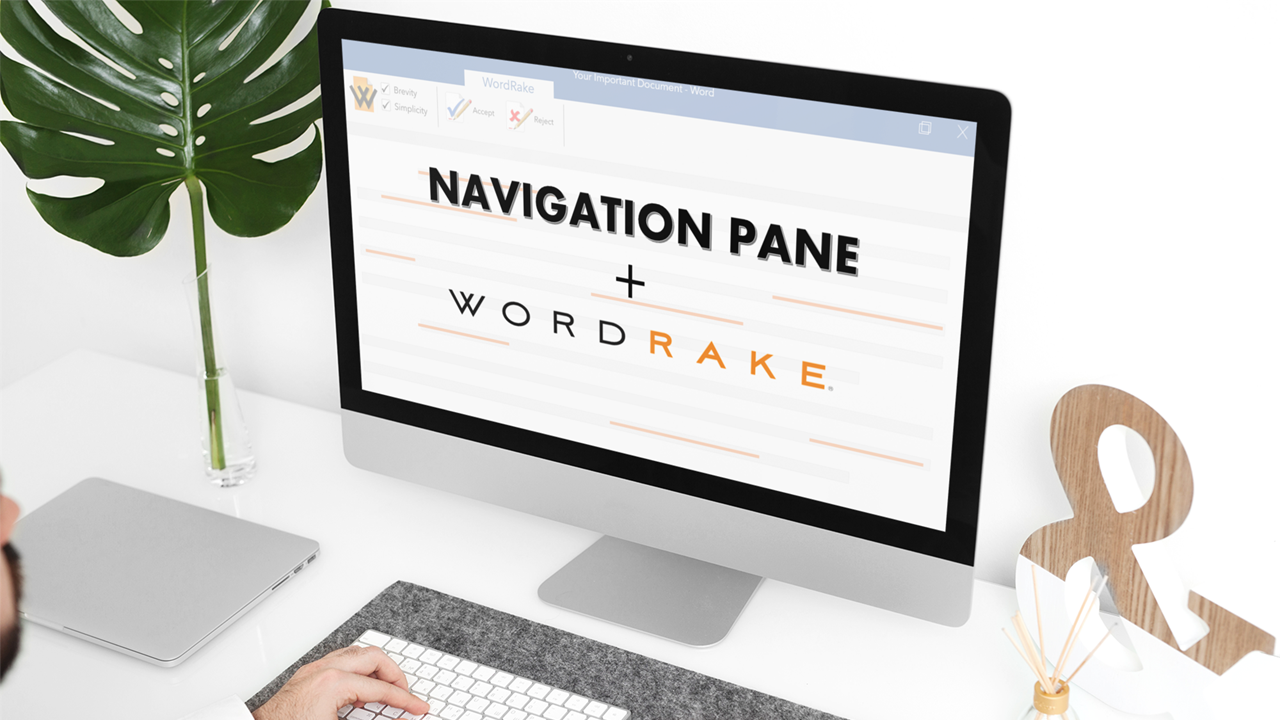Effective legal writing involves connecting compelling arguments with cited support from relevant legal authorities. A clear understanding of these authorities’ hierarchy amplifies the persuasive strength of your assertions. Mastering tools like the Table of Authorities (TOA) in Microsoft Word can improve your productivity. Combining legal writing skills with technological assistance elevates the quality of your work, ensures adherence to court timelines, and helps you concentrate on your argumentation.
Continue readingIvy Grey

Recent Posts
Legal and business writing require a blend of precision, clarity, persuasion, and organization. With so many necessary elements, most legal and business documents are long and require more structure—for writers and readers—than a typical document. For writers, structure helps you maintain focus while crafting document content; for readers, structure guides them through the document and helps them see logical connections. Structure supports understanding, so finding ways to easily implement and adhere to structure will help you improve substance.
Continue readingBusiness and legal documents must be precise, clear, and carefully structured because they serve as legal records, define relationships, and document important decisions. But writing in these fields is rarely done alone. A combination of authors, resources, and tools contribute to the final document. Subtle adjustments can change meaning or transform a good piece into an exceptional one. Tracking the evolution of a document and the source of changes is important to understand how and why the document changed so you can make sure it doesn’t drift from its goals.
Continue readingWho must comply with plain language laws? Nearly everyone in business. According to Professor Michael Blasie, the leading expert on plain language laws, in addition to the federal government’s plain language laws, every state in the United States and Washington DC have plain language laws too. In an earlier article, we discussed federal plain language requirements; this article focuses on state laws that determine how private actors must write.
Continue readingWriting in plain language helps you communicate with your audience. If that’s not enough incentive to write clearly and organize information logically, then consider this: Professionals throughout the United States and around the world are required to write in plain language.
Continue readingIf your organization cuts cost but doesn’t increase value, then you’re doing transformation wrong. This is a sign you’re adding complexity and processes that clients don’t want to pay for and your lawyers hate. But don’t give up. It is possible to ease burdens, elevate work, and satisfy clients simultaneously. The key is implementing improvements that increase value from the client’s perspective. To do so, it's time to move our focus from process to value. Take a holistic approach to workflow improvement by using the value stream framework.
Continue readingIf you confuse the words affect and effect, you’re not alone. These two words are some of the most commonly confused words in the English language! Because they sound alike, it can be even harder to keep them straight.
Continue readingWhen we start out as lawyers, we’re so afraid of being caught unprepared that we try to memorize every fact, every detail, and every statute. It seems like the smart thing to do. After all, doesn’t every job posting require “attention to detail”? The problem is that details become our security blanket. When a partner, a judge, or a potential client asks a question, we regurgitate the facts we memorized the night before and rattle off code sections—surely, our knowledge will impress our audience.
Continue readingAddressing your reader and potential client’s problems entails lending a listening ear and showing genuine empathy. Every problem you encounter has a human and emotional aspect that requires a proper and sensitive approach. Whether it’s a contract dispute over the interpretation of a cessation of business clause, an excused performance under a force majeure clause, or responsibility for undelivered goods, each case is a legal question to you—but never forget that it’s an emotional issue for your client. These situations call for empathy. And that means you must connect with your clients on a more personal level to address their pain points.
Continue readingWhat difference can one minute make? It may surprise you to learn that one minute can be the difference between successfully completing two tasks—or fumbling them both. Let’s explore how this theory can help us with the documents we create at work.
Continue reading













